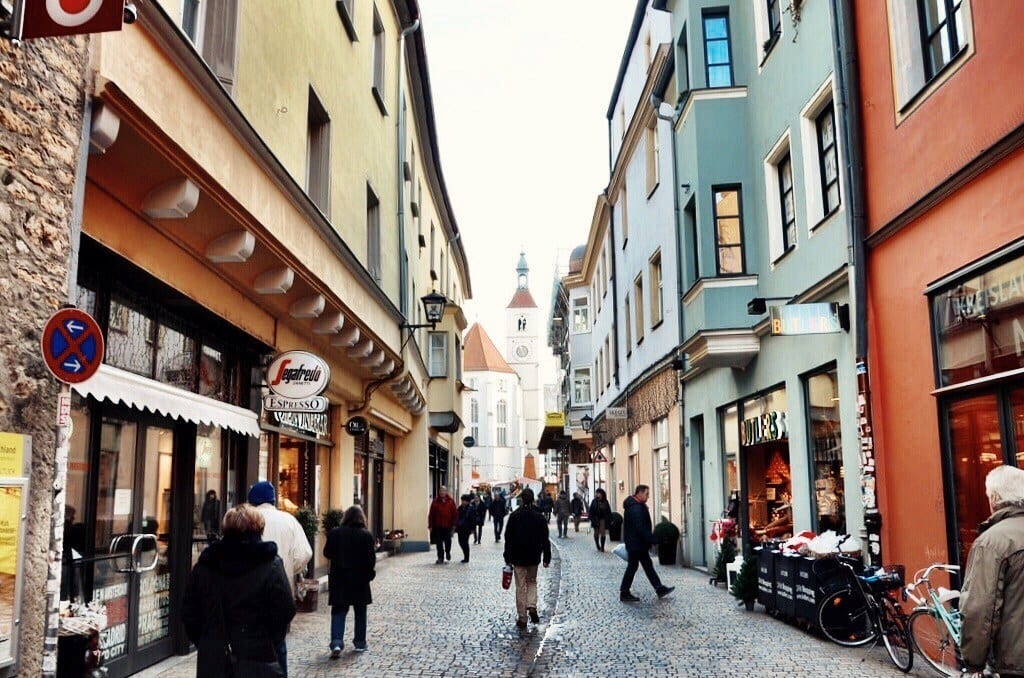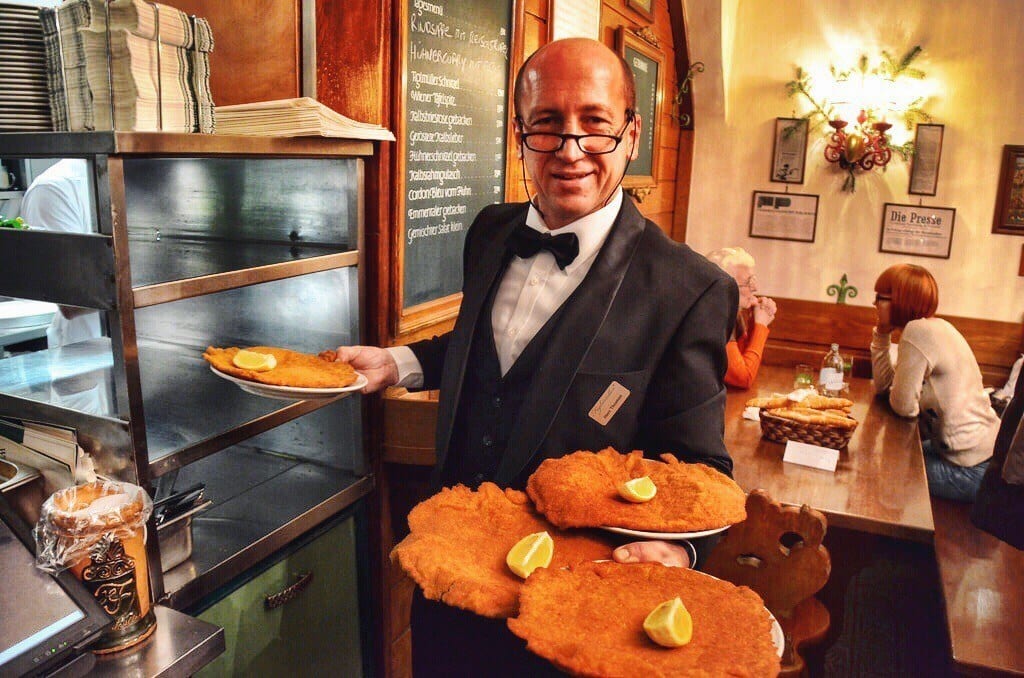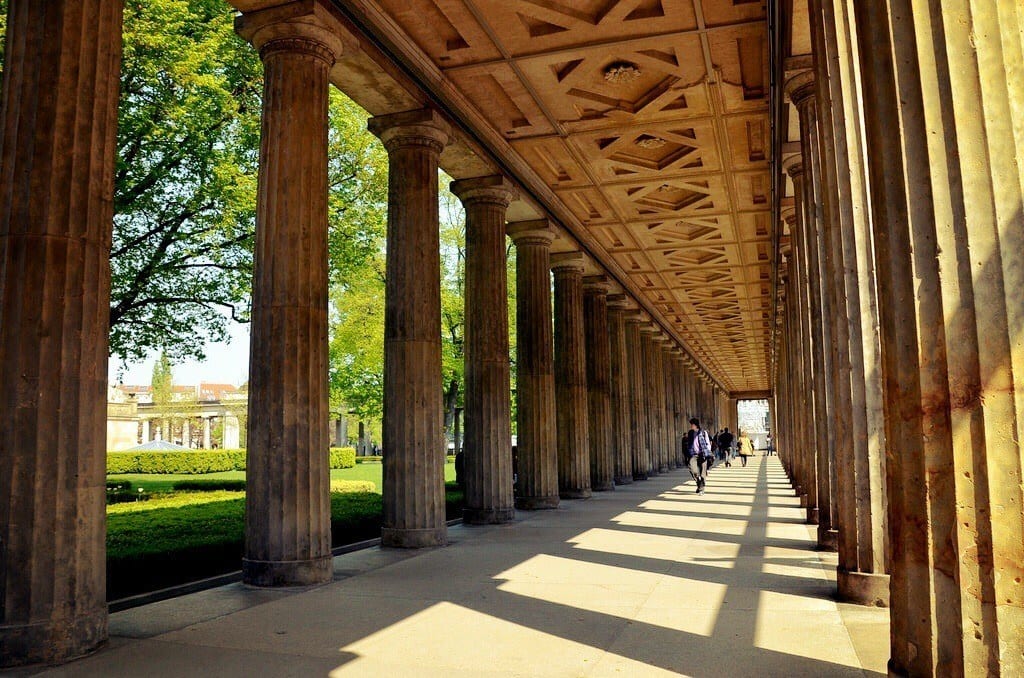
I’ve always been a big fan of guidebooks, I think many of us have. No matter how far we progress in the digital world, there will always be a need I think for a physical book people can carry around with them. I know that for me getting a small guide about my next trip isn’t just practical, but it helps with the excitement and anticipation. Even if I don’t use the book on a day-to-day basis, I love reading about the trip weeks and even months beforehand. That being said, I do also actually try to use them when I travel, as I’m sure many of you do as well, but these important books aren’t always helpful. Over the years I’ve noticed some areas where they excel and others where they usually fall flat, sometimes at no fault of their own. So, with that in mind, I thought I’d share some of those areas where guidebooks always seem to fail – and fail spectacularly at that.

Restaurants and hotels
I’ve skipped over these sections for as long as I’ve been buying guide books; their utility in question long before the advent of the Internet. In regards to restaurants, the issue is the rapidity at which they open and close. Since guidebooks can go years between updating all segments, this usually means restaurant data is woefully out of date and useless. Even if the restaurants are open, to pick a few out of a city with hundreds is folly, and can’t be regarded as anything more than randomly selecting a few to share. The best way to find places to eat is to ask people who live there when you visit or walk around town until you see something you like. I never, ever plan restaurants in advance unless they are very well-known or worth planning for and to-date I’ve almost always been happy with my dining experiences. Hotels are another useless section because we don’t need a guidebook to tell us what some of the properties are like, not now when accommodation searches nearly always start online. The reviews aren’t really reviews either since the likelihood of the author staying the night is slim to none, instead it’s a regurgitated backgrounder probably lifted from the hotel’s web site with a general reference to its location within the larger city context. It’s just unnecessary and that time, energy and page space could be instead devoted to suggestions that would actually aid the modern traveler.

Regurgitating tired advice
Guidebooks are not updated every year and when they are updated, many times the authors either don’t visit the destination in question or they spend limited time there. It’s thanks to the way the guides pay the authors and how the authors then tend to work. Some are better than others, but few are great in providing more than a basic introduction to a country or city – with a few notable exceptions. Because of this, the nuggets of advice that we as travelers regard as gospel, are just regurgitations of information that has probably been included in the guides since they were first written. Once again, in an age when travel planning usually starts in front of an electronic device and not at the library, they have to start to move away from the basics and provide some real insider knowledge. That’s why Rick Steves has and probably always will be a great travel resource. He knows that YOU know about the Louvre in Paris. Done and done. He moves past the “be sure to visit on the 1st Sunday of every month” advice to tips that are actionable and useful. Maps, even how to walk through the museums are included; now that is a good guidebook. Sadly far too few reach this level of utility and to demonstrate my point, here are some tips I’ve gleaned from the guidebooks currently sitting on my office shelf.
- “…to your left, hordes gawp at Manneken-Pis, the bronze statue of a small boy peeing merrily away which has, bizarrely, become the symbol of Brussels.”
This guide devoted less than a full sentence to what is one of the top attractions in Brussels and then seemed to passive aggressively judge people who want to see it.
- “The huge rotunda of the Dublin City Hall is breathtaking. It was built in 1769…”
Blah, blah blah. This reads more like a middle school vacation essay than it does expert advice. Tell me how to get there, why I should go and what I should know that is not immediately gleaned from the web page of the City Hall itself.
- “Everything in St. Peter’s is made of marble, bronze or gold, and what appear to be altar paintings are actually mosaics with minuscule tesserae. The outstanding artworks…”
I actually had this guide while in Rome and remember being incredibly confused in the Vatican and left not seeing all that I wanted, especially in the beautiful but massive St. Peter’s Basilica. Ultimately, that’s my fault as a traveler but the fact my guidebook included what was essentially a Wikipedia entry didn’t help either.

Stop assuming everyone is a budget traveler
Yes, most people regardless of their income like to save a little money when they can. But what I find often in guidebooks is that in their quest to appeal to everyone, they seem to focus too much on the budget angle of travel. I know that when my partner and I travel, it’s not what one would call budget – far from it. I also know that most of my friends are the same way. We tend to try to save money before the trip on hotels and airfare, and once we’re on our actual vacation we are content to spend a little more in order to have amazing experiences. More and more this is the norm. So do I want to see the Louvre on the 1st Sunday of the month when it’s free? Hell, no. Why? Because the rest of the city will be there with me, crowding me along as I try to enjoy the artwork. Instead I am more than happy to pay full entry fees or, better yet, hire a guide for a few hours who can either help me navigate it or get me into the facility in the off-hours, like several tour companies manage to do around the world. That’s worth it for me because I enjoy the experience more and I learn much more than I ever would being smothered by half of Paris. But that’s just one example; guidebooks it seems are full of budget tips and tricks, but not as much information for those willing to pay more for exceptional experiences. That needs to change and if it doesn’t soon, then the guidebooks may lose the next generation of travelers entirely.
Don’t get me wrong, I love guidebooks, I buy them frequently and almost always have them with me when I travel. I can’t imagine hauling out my iPad to look something up as I’m driving along in a new destination. No, you need an actual book for that. But how we travel and how we get the information we need for an amazing vacation is changing, and while I know the guidebook companies understand that, I don’t think they are innovating fast enough and in the end, no matter how useful they may be, at some point they will lose the information war if they don’t do something drastically different.
How do you use guidebooks when you travel?
